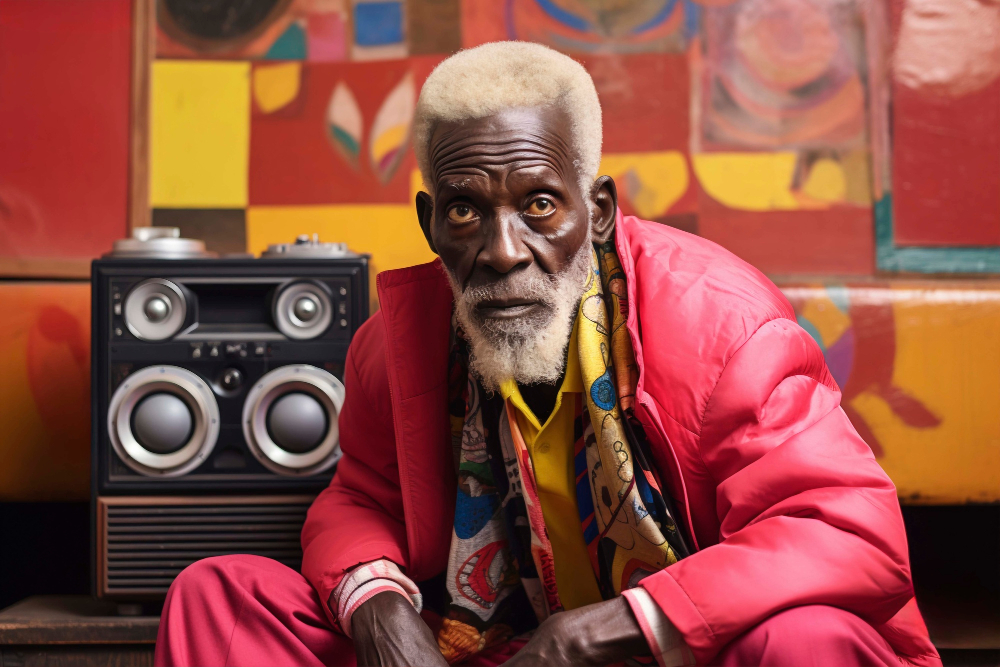Kenya’s music scene is alive with energy, talent, and cultural richness. From the infectious beats of gengetone and Afrofusion to timeless benga classics, the country is home to an incredibly diverse music culture. Yet, beneath the surface of this artistic vibrancy lie deep-rooted issues that hinder the growth of the industry.
This blog explores the current state of Kenya’s music industry, the challenges it faces, and what must be done by both the government and private sector to build a sustainable, world-class music ecosystem.
🎵 Where We Are: The Current Landscape
✅ Strengths & Opportunities
– Cultural richness: Kenya boasts an impressive array of music genres, from traditional rhythms to new-school genres like gengetone, Kalpop, and urban gospel.
– Rising digital consumption: Streaming platforms like Mdundo, Boomplay, and YouTube are changing how Kenyan artists reach audiences.
– Live events on the rise: Festivals like Blankets & Wine, Koroga Festival, and local concerts continue to attract thousands.
– Global recognition: Kenya is gaining international attention, and the new Grammy category “Best African Music Performance” has opened new doors for African artists.
⚠️ What’s Holding Us Back
Despite the promise, Kenya’s music industry faces several serious challenges that must be addressed:
1. Rampant Piracy & Poor IP Enforcement
Artists lose billions in revenue annually due to music piracy. While laws exist, enforcement is weak.
2. Lack of Transparent Royalty Collection
CMOs like MCSK face ongoing criticism for opaque operations and low payouts.
3. Poor Infrastructure & Limited Investment
There’s a shortage of world-class recording studios, performance venues, and music training institutions.
4. Low Monetization from Streaming
Kenyan artists earn far less from global platforms compared to their peers.
5. Fragmented Identity in Global Market
Kenyan music lacks a clearly branded global sound due to linguistic and cultural diversity.
6. Disorganized Live Events
Poor event management affects artist income and audience trust.
🛠 What Needs to Be Done: A Call to Action
💼 What the Government Should Do
1. Strengthen IP Enforcement
– Support KECOBO, enforce takedowns, and educate the public.
2. Regulate and Audit CMOs
– Ensure transparency and fair royalty distribution.
3. Fund Infrastructure & Music Education
– Provide grants and tax breaks for studios and training.
4. Support Kenyan Content
– Enforce local content quotas and promote Kenyan music globally.
🤝 What the Private Sector Must Do
1. Invest in the Music Business
– Fund artist development and local music tech.
2. Professionalize Management & Systems
– Use digital tracking and improve payouts.
3. Create Artist Unions & Networks
– Help artists negotiate and collaborate effectively.
4. Fix the Live Experience
– Ensure high-quality event production and logistics.
📊 At a Glance: Summary Table
Challenge | Government Response | Private Sector Role
—————————————-|———————————————|—————————–
Piracy & Weak IP Laws | Strengthen KECOBO & enforcement | Develop anti-piracy tech
Royalty Transparency | Regulate CMOs & enforce audits | Build royalty tracking tools
Infrastructure Shortfalls | Fund studio/venue development | Invest in production/event logistics
Identity & Branding | Support local quotas & music exports | Promote unique Kenyan genres
Streaming Monetization | Reduce data costs & support local platforms | Improve artist revenue splits
Poor Live Event Standards | Enforce safety standards | Professionalize event logistics
🎤 Final Thoughts
Kenya’s music industry is rich with untapped potential. We have the talent. We have the stories. What’s needed now is collaboration, vision, and action—from policymakers, business leaders, and the artists themselves.
If we get this right, Kenyan music won’t just thrive locally—it will echo across the world.




